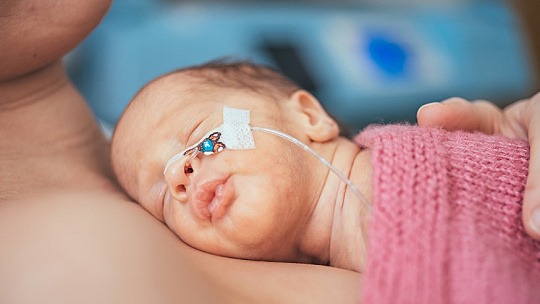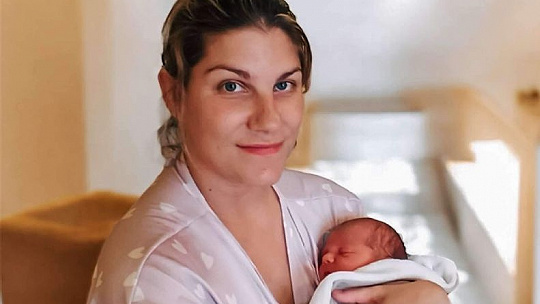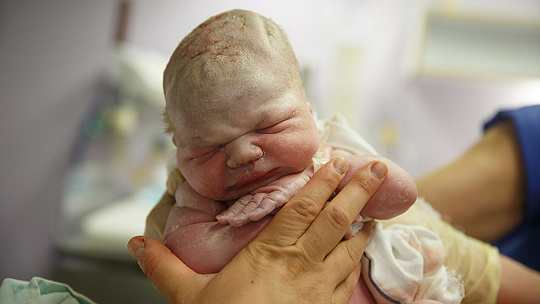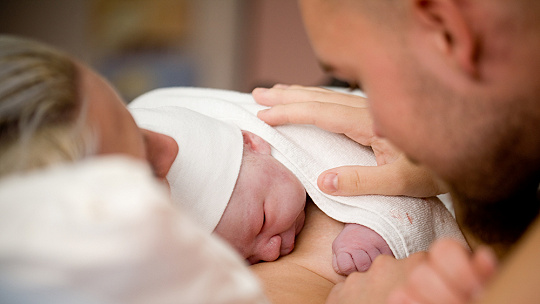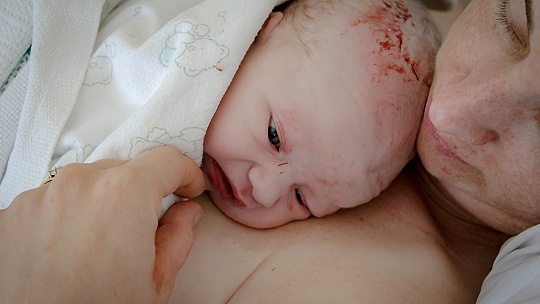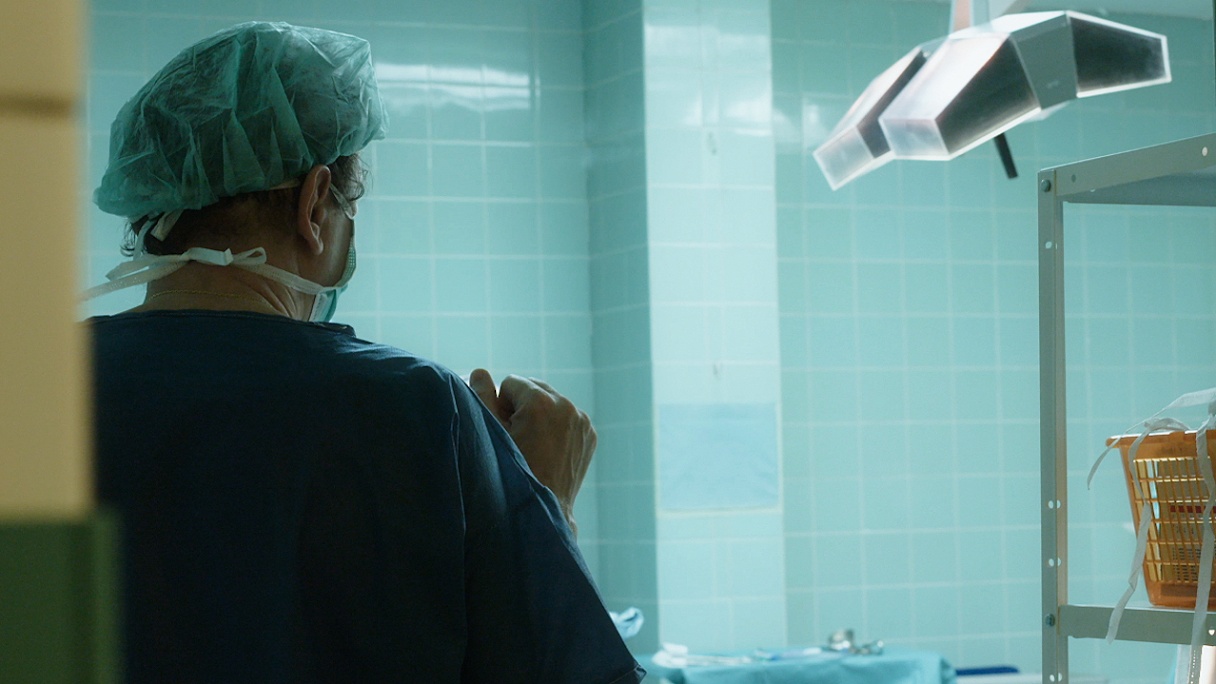
Pôrod je pre ženu zážitkom na celý život. Je preto nesmierne dôležité, ako sa vedie.
Foto: Medzi namiLekár pri pôrode ani v náznakoch nemôže hroziť rodičke násilím. A v slovenskej pôrodnici? Pozrite si ukážku z filmu Medzi nami:
We are Responsible for How Women Remember the Birth, an Obstetrician Says from Selina Becker on Vimeo.
Ak príde rodička do pôrodnice s pravidelnou pôrodnou činnosťou, dostáva sa do starostlivosti pôrodnej asistentky. Tá zhodnotí všetky nálezy (vaginálne vyšetrenie, CTG) a rozhodne, či je pôrodná činnosť v norme. Ak áno, žena zostáva v starostlivosti pôrodnej asistentky. Ak nie, informuje lekára, ktorý určí po rozhovore s rodičkou a pôrodnou asistentkou ďalší postup.
Pôrod dieťaťa je pre každú ženu nezabudnuteľným zážitkom na celý život. Priebeh prvej doby pôrodnej (tzv. otváracej) je vysoko individuálny, prah vnímania bolesti je u každej rodičky iný. Bolesti − kontrakcie majú rôznu pravidelnosť a intenzitu. Rodička musí byť informovaná o možnostiach ovplyvnenia kontrakcií a musí mať možnosť sa vyjadriť, či návrhy pôrodnej asistentky alebo lekára akceptuje.
Zdravotnícky personál musí na rodičku pozitívne vplývať, podporovať ju a utešovať. Musí zachovať trpezlivosť a profesionalitu, najmä v prípadoch vysokého emocionálneho napätia počas prvej i druhej doby pôrodnej. Nikdy ani v náznakoch nemôže hroziť rodičke násilím. Takéto konanie je neospravedlniteľné a musí byť sankcionované. Na zamedzenie takejto činnosti je vhodná prítomnosť ženinho partnera alebo inej sprevádzajúcej osoby pri pôrode.
Rozhodujúcimi aktérmi ale vždy zostanú pôrodná asistentka a lekár, ich odbornosť, trpezlivosť a ľudské kvality. Tí sú nakoniec zodpovední za to, či bude rodička na pôrod a pobyt v nemocnici spomínať pozitívne alebo negatívne.
Dr. Viliam Lokša
Film Medzi nami je dostupný už aj na internete. Pozrieť online aj stiahnuť si ho môžete TU.
Vzdelávacie turné s filmom Medzi nami a expertkami môžete podporiť na StartLabe.
We are Responsible for How Women Remember the Birth, an Obstetrician Says
How would our babies be born if best practice medicine were followed? Every day during the International Week for Respecting Childbirth we bring you an excerpt from our documentary Before I Met You, accompanied by expert commentary. Today, Viliam Lokša, Slovak obstetrician working for almost 30 years in Austria, writes about patience and empathy being the working tools of the medical staff.If a woman with regular labour comes to the maternity ward, she receives the care of a midwife. The midwife evaluates all findings (vaginal examination, CTG) and decides whether labour is within the norm. If so, the woman remains in the care of the midwife. If not, she informs the doctor who decides further actions after talking to the mother and the midwife.
The birth of a child is an unforgettable lifetime experience for every woman. The course of the first labour phase (the so-called opening phase) is highly individual; the pain perception threshold is different for each woman. Pain − contractions are of different frequency and intensity. The woman giving birth must be informed of the possibilities of influencing contractions and must be able to express her opinion on whether she accepts the midwifeʼs or doctorʼs suggestions.
Medical staff must positively influence the woman in labour, support her and comfort her. They must maintain patience and professionalism, especially in cases of high emotional stress during the first and second labour phases. They can never, not even in the tiniest amount, threaten the woman with violence. Such behaviour is unjustified and must be sanctioned. To prevent such activity, the presence of a womanʼs partner or other accompanying person at birth is appropriate.
The decisive actors, however, always remain the midwife and the doctor, their expertise, patience, and human qualities. They are ultimately responsible for whether the woman is going to have positive or negative memories of the birth and stay in the hospital.
Dr. Viliam Lokša
